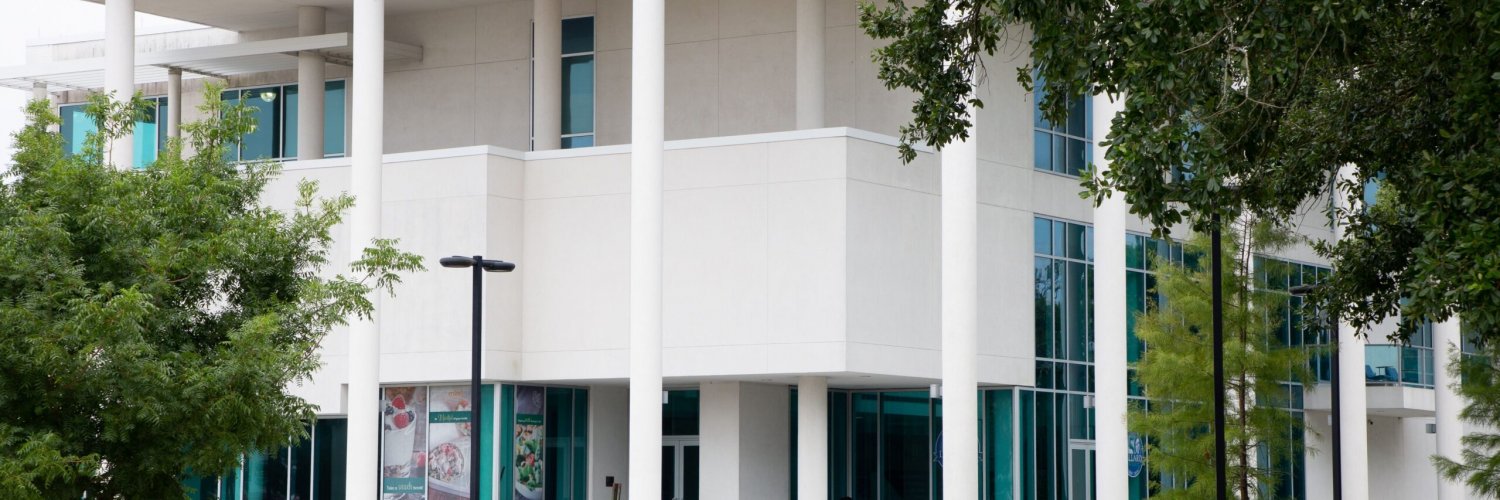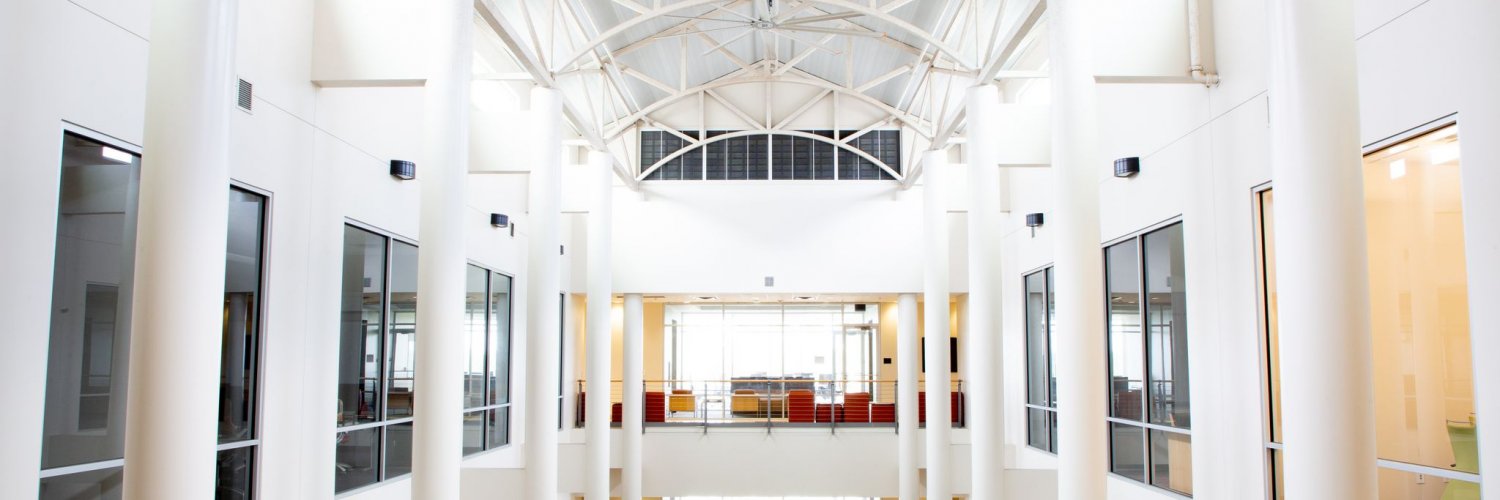Home » About » Administration » Emergency Preparedness » Hurricane Season Preparedness
Degrees & Certificates
Historically Black University in Louisiana
Students to faculty ratio
The Atlantic Hurricane Season is June 1-November 30. It is important to prepare and stay vigilant during this time. While the University will do everything that it can to assist students and employees, everyone should have a personal plan in place in the event that either evacuation orders are issued or individuals decide to shelter in place.
While the City of New Orleans may issue voluntary or mandatory evacuations, Dillard will make a determination based on what we believe is best for the University community. Every situation is different, so we ask that members of the University community be flexible and make sure that you are connected to all University communication channels.
Always be prepared, especially since hurricanes have intensified more quickly since 2005. Consider having supplies on hand for the duration of the hurricane season: two to three days of water supplies, a week’s worth of prescription medication, dry goods, flashlight, batteries, and first-aid kit, are a good start.
If you have a vehicle, make sure that your gas tank half-full during hurricane season. Also, have cash ready in case an evacuation order is issued or if you choose to voluntarily evacuate.
Have multiple evacuation destinations. Since hurricane paths can change, including after they make landfall, be prepared to change your destination or follow alternate routes to your destination.
For commuters and employees, prepare your home. Have a plan to secure your home and consider keeping your trees trimmed away from your home to lessen wind-driven impacts. If you board up your home, check your materials to see if they are still in good condition.
If you rent or own your home, check your insurance coverages for wind and hail and flood. Remember that flood insurance is a separate policy and will have a 30-day waiting period to take effect.
Have a plan for your pet(s), in the case of evacuation.
Consider reducing the amount of frozen foods in your freezer. The less you have to pack up and/or leave when you evacuate, the better.
Make sure that you have batteries and all of your devices are fully powered.
During an emergency, the University is likely to suspend normal operations, meaning that the campus will be closed to everyone except essential personnel. Monitor University channels for updates about returning to normal operations.
Make sure that all of your medications are up to date. Keeping in mind that COVID-19 is a threat, please have face masks, hand sanitizer and disinfectants handy.
DO NOT attempt to travel during tropical storms or hurricanes. Once evacuation orders or once orders to shelter in place have been issued by local authorities, citizens are not allowed to travel throughout affected areas.

Call or text your emergency contact. Let them know where you are, if any family members are missing, and how you are doing.
Find the safest spot in your residence during the weather event. Normally, that may be a bathroom; stay away from windows. Do not go outside during the weather event.
During any severe weather event, unplug all electronic devices. Move items away from windows and off the floor.
Check with local media regarding closure and evacuation.
Stay put in your location until officials say that it is safe to leave.
Use your phone only as necessary. Keep the phone handy in case you need to report a life threatening emergency. Otherwise, do not use the phone, so that the lines will be available for emergency responders. Use your devices only as needed in case there is a power outage. In New Orleans, the chances of power outages are high.
If you have pets, prepare a spot for your them to dispose of their waste. Have plenty of plastic bags, newspapers, containers, and cleaning supplies to deal with the pet waste. Do not allow pets to go outside the shelter until the storm has passed.
An evacuation recommendation will be made to the University president when a hurricane reaches a Level 3 in the Gulf of Mexico and the New Orleans area is within the cone of probability.
Do not attempt to return to campus until the University has issued an “all clear.”

If the University issues a mandatory evacuation, you must evacuate. This is for your safety. Failure to do so will result in disciplinary action up to and including expulsion.
An Academic Plan has been developed to ensure no loss in instruction. Consult with your instructors regarding your individual class plan.
The Cook Center is the designated meeting location for instructions and evacuation.
Determine where you will go upon evacuation. Make sure that you complete the Primary Evacuation Plan Form. If you require evacuation assistance, contact the Division of Student Affairs for information.
Students and chaperones will evacuate to Centenary College in Shreveport, LA, on buses contracted by the University.
Take important papers and research documents.
Pack medicines, valuables, toiletry items, and a pillow and blanket or throw cover.
Take photos of your room before you leave.
Check in with residential staff upon your return to receive further instructions.
Designated staff will evacuate to Dallas, TX and Shreveport, LA at hotel sites reserved in advance.
The Office of Human Resources will notify employees of arrangements to work virtually.
Precautions after hurricanes have passed are just as important as pre-storm precautions. It is important to follow the guidance of the University and local authorities for the sake of your health and safety.
In most cases, high winds will knock down trees and powerlines on campus. Do not attempt to walk around or over tree branches or downed powerlines as they are hazards.
Do not attempt to travel around the city until the local authorities have lifted shelter-in-place orders as there is sure to be debris and downed powerlines scattered among the streets.
The City of New Orleans and other areas are likely to issue boil water advisories. These advisories are issued to kill potential germs in the city’s water system. Boiling the water makes it safe to use. View the New Orleans Health Department’s Boil Water Advisory Fact Sheet.
© 2024 – All Rights Reserved